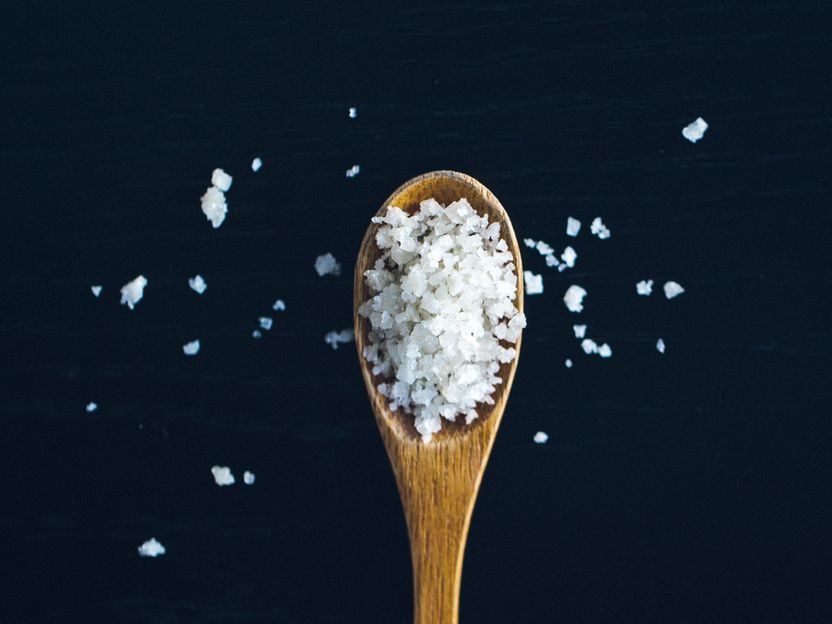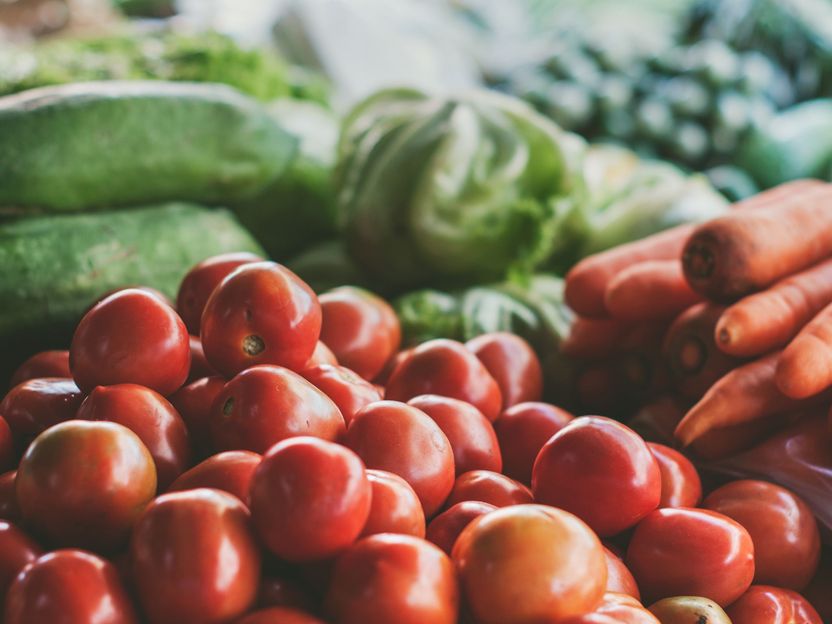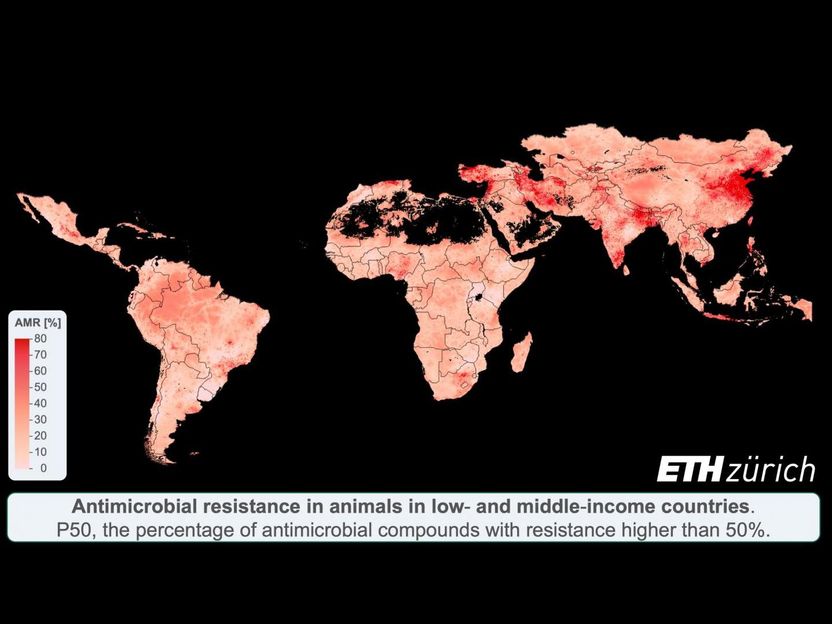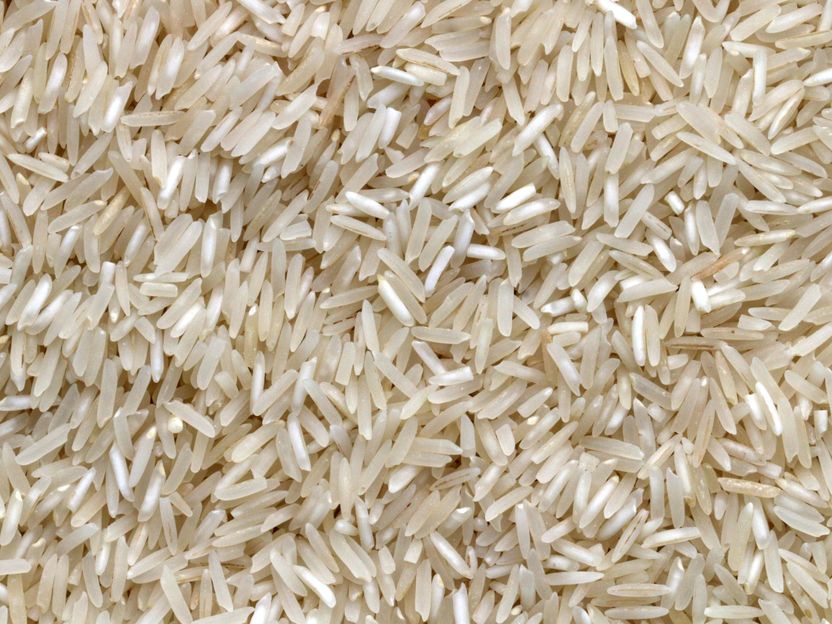Massive efforts needed to reduce salt intake and protect lives
A first-of-its-kind World Health Organization (WHO) Global report on sodium intake reduction shows that the world is off-track to achieve its global target of reducing sodium intake by 30% by 2025.

Francesco Alberti / Unsplash
Sodium, an essential nutrient, increases the risk of heart disease, stroke and premature death when eaten in excess. The main source of sodium is table salt (sodium chloride), but it is also contained in other condiments such as sodium glutamate. The report shows that only 5% of WHO Member States are protected by mandatory and comprehensive sodium reduction policies and 73% of WHO Member States lack full range of implementation of such policies.
Implementing highly cost-effective sodium reduction policies could save an estimated 7 million lives globally by 2030. It is an important component of action to achieve the Sustainable Development Goal target of reducing deaths from noncommunicable diseases. But today, only nine countries (Brazil, Chile, Czech Republic, Lithuania, Malaysia, Mexico, Saudi Arabia, Spain and Uruguay) have a comprehensive package of recommended policies to reduce sodium intake.
“Unhealthy diets are a leading cause of death and disease globally, and excessive sodium intake is one of the main culprits,” said Dr Tedros Adhanom Ghebreyesus, WHO Director-General. “This report shows that most countries are yet to adopt any mandatory sodium reduction policies, leaving their people at risk of heart attack, stroke, and other health problems. WHO calls on all countries to implement the ‘Best Buys’ for sodium reduction, and on manufacturers to implement the WHO benchmarks for sodium content in food.”
A comprehensive approach to sodium reduction includes adopting mandatory policies and WHO’s four “best buy” interventions related with sodium which greatly contribute to preventing noncommunicable diseases. These include:
- Reformulating foods to contain less salt, and setting targets for the amount of sodium in foods and meals
- Establishing public food procurement policies to limit salt or sodium rich foods in public institutions such as hospitals, schools, workplaces and nursing homes
- Front-of-package labelling that helps consumers select products lower in sodium
- Behaviour change communication and mass media campaigns to reduce salt/sodium consumption
Countries are encouraged to establish sodium content targets for processed foods, in line with the WHO Global Sodium Benchmarks and enforce them though these policies.
Mandatory sodium reduction policies are more effective, as they achieve broader coverage and safeguard against commercial interests, while providing a level playing field for food manufacturers. As part of the report, WHO developed a Sodium country score card for Member States based on the type and number of sodium reduction policies they have in place.
“This important report demonstrates that countries must work urgently to implement ambitious, mandatory, government-led sodium reduction policies to meet the global target of reducing salt consumption by 2025,” said Dr Tom Frieden, President and CEO of Resolve to Save Lives, a not-for-profit organization working with countries to prevent 100 million deaths from cardiovascular disease over 30 years. “There are proven measures that governments can implement and important innovations, such as low sodium salts. The world needs action, and now, or many more people will experience disabling or deadly—but preventable—heart attacks and strokes.”
The global average salt intake is estimated to be 10.8 grams per day, more than double the WHO recommendation of less than 5 grams of salt per day (one teaspoon). Eating too much salt makes it the top risk factor for diet and nutrition-related deaths. More evidence is emerging documenting links between high sodium intake and increased risk of other health conditions such as gastric cancer, obesity, osteoporosis and kidney disease.
WHO calls on Member States to implement sodium intake reduction policies without delay and to mitigate the harmful effects of excessive salt consumption. WHO also calls on food manufacturers to set ambitious sodium reduction targets in their products.
Most read news
Other news from the department business & finance

Get the food & beverage industry in your inbox
By submitting this form you agree that LUMITOS AG will send you the newsletter(s) selected above by email. Your data will not be passed on to third parties. Your data will be stored and processed in accordance with our data protection regulations. LUMITOS may contact you by email for the purpose of advertising or market and opinion surveys. You can revoke your consent at any time without giving reasons to LUMITOS AG, Ernst-Augustin-Str. 2, 12489 Berlin, Germany or by e-mail at revoke@lumitos.com with effect for the future. In addition, each email contains a link to unsubscribe from the corresponding newsletter.
Most read news
More news from our other portals
Last viewed contents

Glutamates Such as MSG Can Help Reduce Americans' Sodium Intake
Home consumption drives growth in Arla’s brands during pandemic

Precision fermentation is an opportunity for the food industry - Start-ups need support

Participating in local food projects may improve mental health

Antibiotic resistance in food animals nearly tripled since 2000

Hot nights confuse circadian clocks in rice, hurting crop yields

Plant Based Foods Association announces three new board members - Representatives from Impossible Foods, Something Better Foods, and No Evil Foods bring new perspective and energy to PBFA board

How limiting new fast-food outlets may reduce childhood obesity

Create a novel plant-based protein from Australian sweet lupins - Curtin and Wide Open Agriculture unite to commercialise lupin technology

Shrimp from Finding Nemo could help keep your white bread white - Ben-Gurion University researchers discover new principle in optics

Robots are taking over jobs, but not at the rate you might think































































